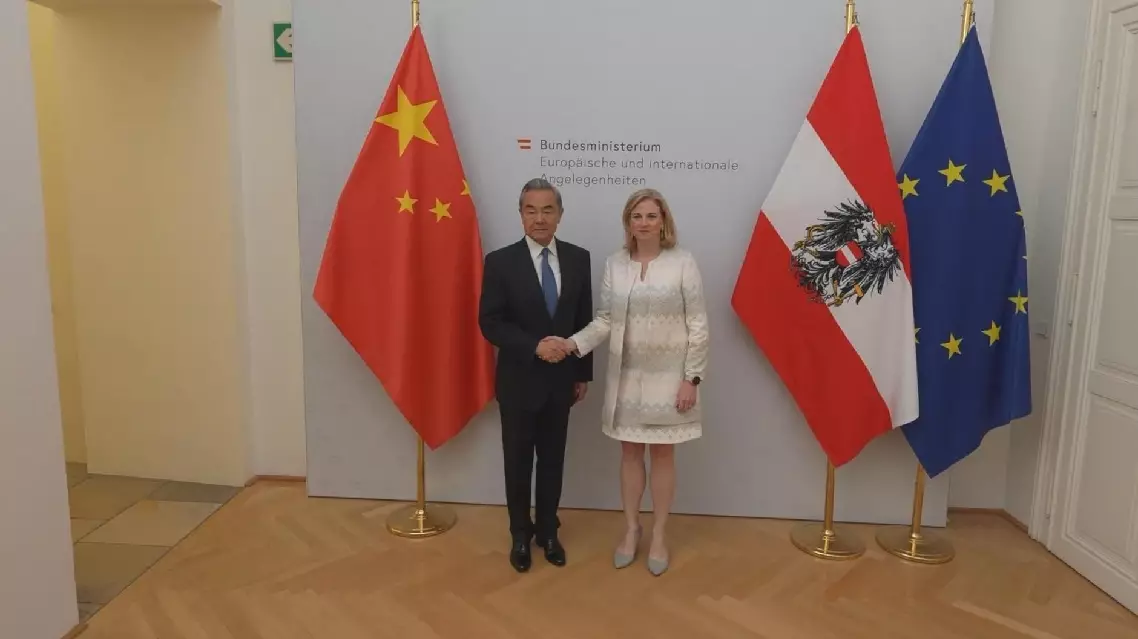Austria and China Pledge to Safeguard Multilateralism
Austria and China have pledged to jointly safeguard multilateralism and promote world peace and development during high-level meetings in Vienna on September 12, 2025.

Austria and China reaffirmed their commitment to multilateralism and international cooperation during a series of high-level meetings in Vienna on September 12, 2025. Austrian President Alexander Van der Bellen met with Chinese Foreign Minister Wang Yi, emphasizing Austria’s willingness to work with China to uphold multilateralism and promote global peace and development. Van der Bellen highlighted the importance of the upcoming 55th anniversary of diplomatic relations between the two countries, expressing a desire to deepen cooperation in areas such as trade, green development, tourism, and culture. He also reiterated Austria’s adherence to the one-China policy, stating that this position would not waver under any circumstances.
Chinese Foreign Minister Wang Yi echoed these sentiments, noting that the long-term stability of China-Austria relations serves both nations’ interests and aligns with historical trends. Wang stressed the need to build on existing achievements and use the anniversary as an opportunity to expand cooperation, particularly in the green economy. He also underscored China’s appreciation for Austria’s consistent China policy and called for mutual respect and win-win cooperation.
During talks with Austrian Foreign Minister Beate Meinl-Reisinger, both sides underscored the growing need for an effective multilateral order and the importance of the international rule of law. Meinl-Reisinger urged China, as a permanent member of the UN Security Council, to use its influence to press for an end to the war in Ukraine and reiterated Austria’s readiness to host negotiations between Moscow and Kyiv. She also expressed gratitude for China’s assistance to Austrian Jews during World War II and highlighted the symbolic value of ongoing cultural exchanges, such as the Austria-China panda cooperation project.
Both countries expressed support for the United Nations and the principles of open, law-based, and equal free trade, opposing unilateralism and the dominance of the "law of the jungle." The discussions also covered a range of global issues, including climate change, the Middle East, and the future of China-EU relations. Wang Yi emphasized that the current challenges facing Europe do not originate from China and called for Europe to pursue a rational and pragmatic policy toward China, with Austria playing a constructive role.
The meetings were widely reported in both Chinese and international media, with official statements highlighting the shared commitment to multilateralism and the strengthening of bilateral ties. The reaffirmation of the one-China policy and the focus on green development and cultural exchange were particularly noted as key pillars of the evolving partnership.
As both nations prepare to celebrate 55 years of diplomatic relations in 2026, the Vienna meetings signal a renewed effort to deepen cooperation and jointly address global challenges through multilateral frameworks.